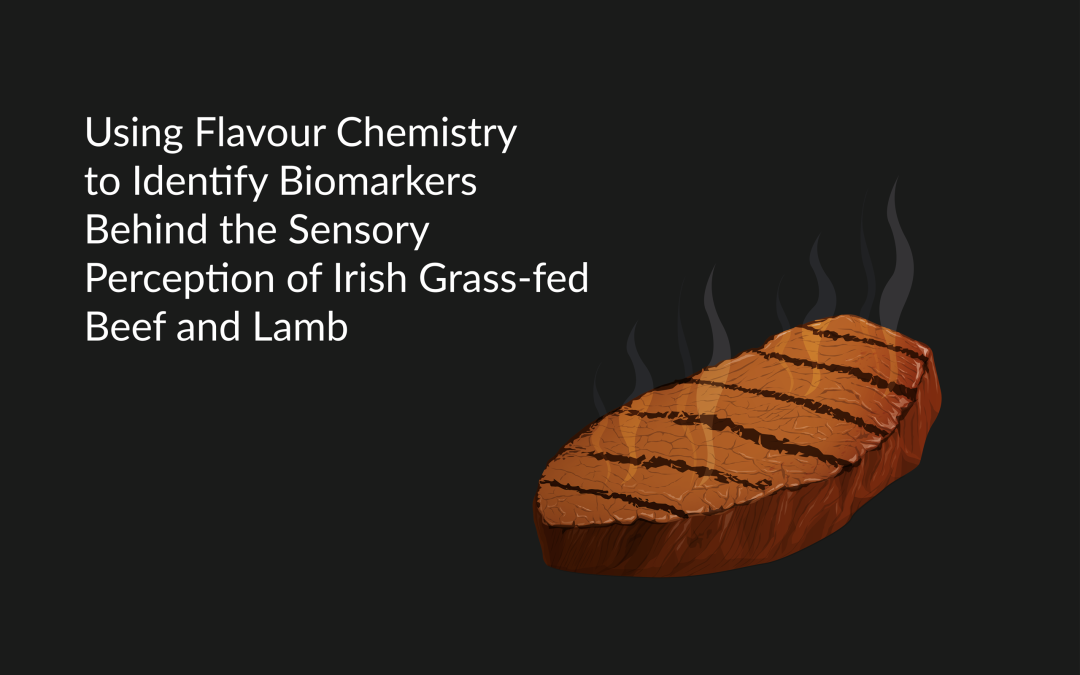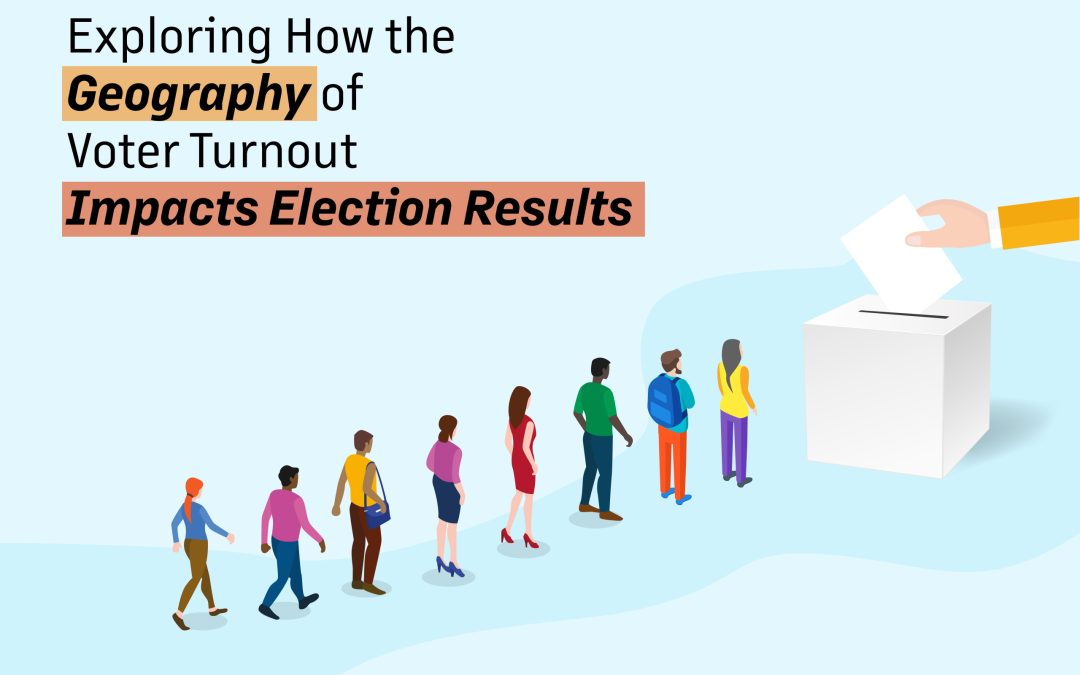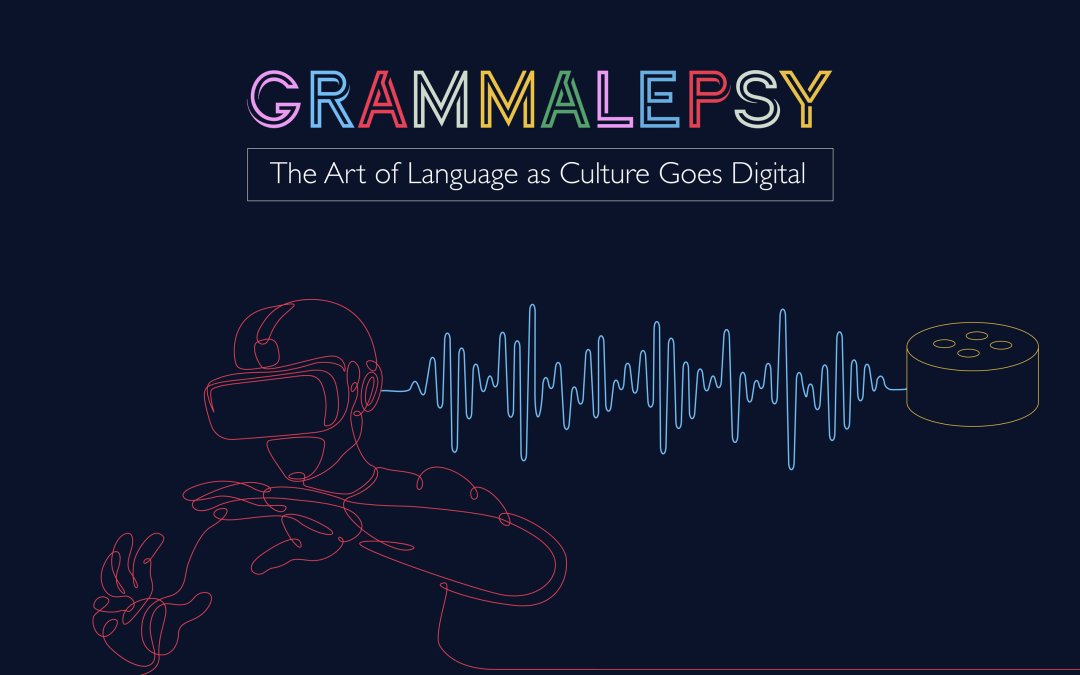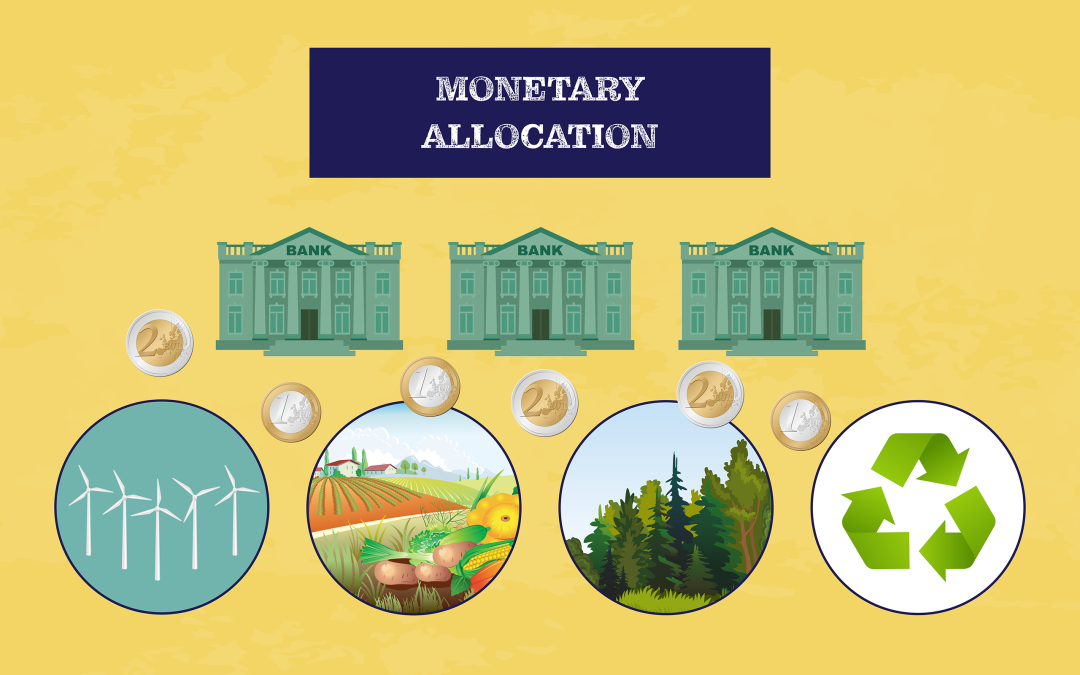
by admin | Apr 27, 2023 | arts and humanities animated, behavioural sciences animated, research animated
The ownership of goods, including both material objects and immaterial goods such as intellectual property, is defined by property regimes. Property regimes are sets of rules that define ownership. They determine who can own goods, legitimate ways of acquiring and using them, and duties associated with owning them. Two important categories of property regimes are private property and common property regimes. Private property regimes focus on ownership by a single person or entity, while common property regimes involve ownership by several people or entities. Nina Gmeiner and her colleagues from the research project RightSeeds explored the recent emergence of a class of property regimes known as progressive commons.

by admin | Feb 1, 2023 | arts and humanities animated, behavioural sciences animated, research animated
For many consumers, the origin of the food they buy is of great importance. For instance, Irish beef and lamb is often seen as superior quality meat, as the animals are typically reared outdoors on a diet of predominately fresh grass. However, are Irish beef and lamb actually any different to meats produced elsewhere, from animals reared indoors in less sustainable production systems? Professor Kieran Kilcawley and his team at the Teagasc Agriculture and Food Development Authority in Ireland, in conjunction with University College Dublin, are investigating the ‘flavour chemistry’ of beef and lamb. Their aim is to determine whether there are fundamental differences in the chemical properties of meat due to the animal’s diet and origin.

by admin | Feb 1, 2023 | arts and humanities animated, behavioural sciences animated, research animated
Voter turnout plays a key role in the functioning of democracies. If only a minority of citizens vote, the elected government might not accurately represent the views of the population. In contrast, when voter turnout is high, a country’s government has a strong mandate to make decisions on its citizens’ behalf. The geographical distributions of voters and voter turnout also significantly affect the outcome of elections. Dr William Durkan of Maynooth University in Ireland recently explored the changing geographies of voter turnout in US presidential elections from 2012 to 2020, using the state of Michigan as a case study.

by admin | Sep 13, 2022 | arts and humanities animated, research animated
Technology has opened up new possibilities in the world of literature, by enabling the dissemination of artistic texts through digital media, and even by creating language-based art. John Cayley, Professor of Literary Arts at Brown University, was a pioneer of language-based digital art. Since the beginning of personal computing, he has been experimenting with the use of computer programs and algorithms to create poetry.

by admin | Sep 7, 2022 | arts and humanities animated, business and economy animated, research animated
In recent decades, the population of urban areas worldwide has been growing exponentially. This includes Sydney, where 5 million inhabitants currently reside. Associate Professor Glen Searle at the University of Sydney recently explored how Sydney’s population growth is encouraged by national and state governments, and how it also drives important government decisions.

by admin | Aug 24, 2022 | arts and humanities animated, business and economy animated, research animated
Professor Johann Walter of Westphalian University in Germany has carried out extensive research exploring the ways in which the Eurozone could become more sustainable. He argues that market neutrality should not be a key focus of the European Central Bank’s monetary policies.






